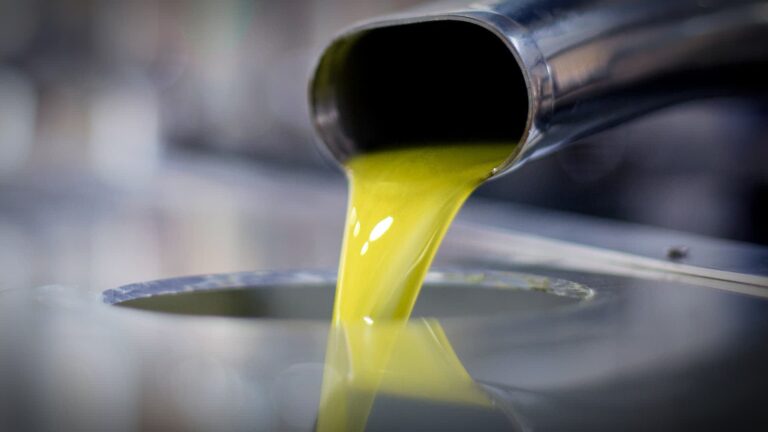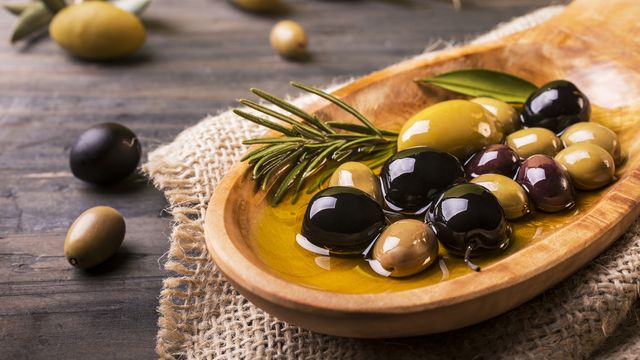How Ancient Athens Protected Its Precious Olive Groves
The olive tree in ancient Athens was safeguarded by strict laws, highlighting its role as a sentinel of Athenian prosperity and identity. In the 6th century BC, the revered legislator Solon, credited with laying the foundations of Athenian democracy, enacted statutes specifically designed to protect these vital trees. He recognized that the future of Athens…









